Protect Your Sleep With Sleep Apnea Treatment
Obstructive sleep apnea (OSA) is one of the most prevalent sleep disorders in America, affecting nearly 22 million adults. It’s caused by your throat muscles collapsing or your tongue falling into the back of your mouth, completely halting your breathing several times each night while you sleep. Without professional intervention, sleep apnea symptoms can worsen and wreak havoc on your sleep quality and your overall health as well.
Sleep apnea symptoms are already uncomfortable and inconvenient so we believe that your treatment plan shouldn’t be. At Oakland Family Dental, we are dedicated to finding a sleep apnea solution that is both effective and convenient for you.
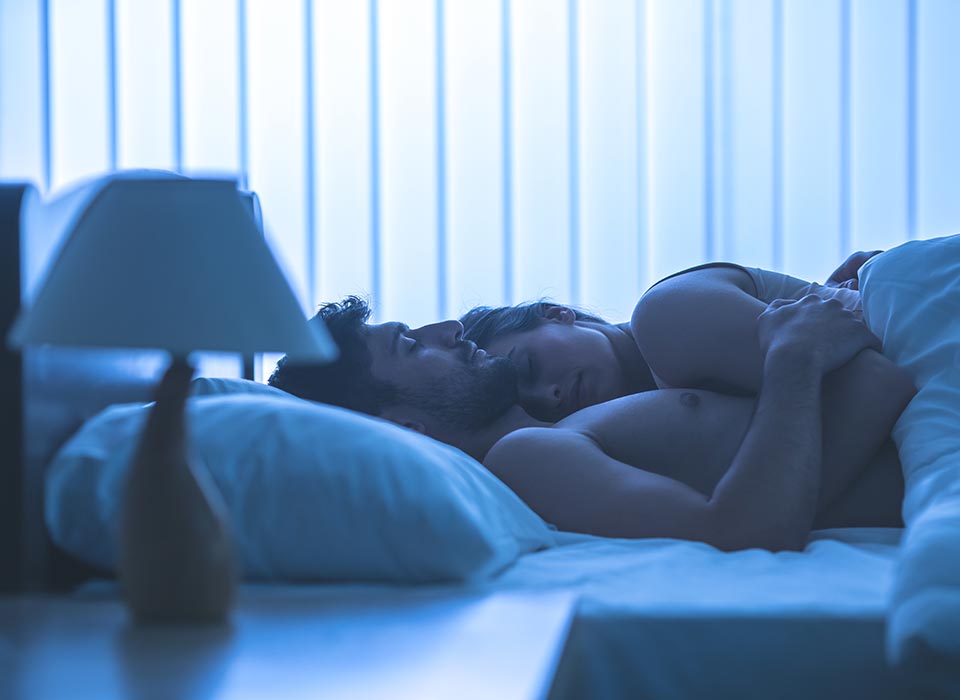
Why Patients Seek Alternatives to CPAP
Typically, doctors will recommend using a continuous positive airway pressure (CPAP) machine as the first type of therapy for treating sleep apnea. While the patient sleeps, this machine provides a steady flow of air pressure through a mask that the patient wears over their face during sleep. This prevents sleep apnea episodes by keeping the airway open throughout the night.
On one hand, CPAP machines are widely considered to be the gold standard for the treatment because they are incredibly effective for nearly all forms sleep apnea. However, according to an article from Harvard Health Publishing, “half or more” of patients who try CPAP will eventually stop using their machine.
Our patients often tell us that their CPAP mask is too tight on their face, the air pressure is uncomfortable to sleep with, and the machine forces the patient to sleep on their back all night long. Additionally, the CPAP machine is very noisy, often disturbing the patient or their sleep partner. There are also several minor, short-term side effects of CPAP therapy that should subside within a few days after stopping use. Some of these include:
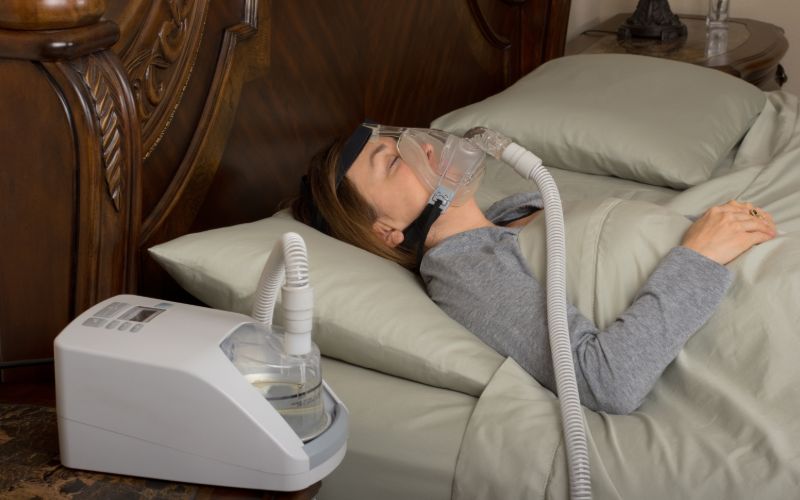
- Sore or dry mouth
- Feeling of claustrophobia from mask
- Nasal congestion, runny nose, sinusitis, or nosebleeds
- Irritation or sores around the nose
- Stomach bloating and discomfort
- Discomfort in chest muscles
Former CPAP patients can become so discouraged that they don’t even try to seek further treatment. That’s why Dr. Sheehan offers effective alternatives to CPAP that allow you to enjoy healthy, restful sleep every night in a way that’s not only effective but also comfortable.
Treating Your Sleep Apnea
At Oakland Family Dental we understand that every patient’s sleep apnea case is unique — that’s why there isn’t one treatment that’s right for everybody. So if you’ve found CPAP isn’t working for you, there’s no need to forgo treatment. There are many factors that can impact your sleep and even simple changes to your daily routine or lifestyle as part of your treatment plan can have a significant impact on your sleep apnea. So you can trust that we’ll create a customized solution tailored to you that you can feel comfortable with.
Dr. Sheehan can help relieve your snoring and sleep apnea with these comfortable treatments and useful techniques:
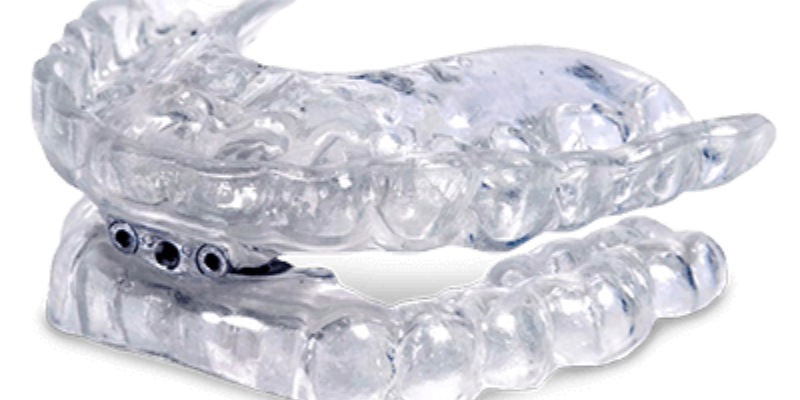
Oral Appliance Therapy
Oral appliances are commonly used to treat snoring, mild-to-moderate obstructive sleep apnea, and several facial pain issues. Similar to a sports mouthguard, an oral appliance is worn at night to move your jaw forward and clear any obstruction that’s interrupting your breathing. At Oakland Family Dental, we’ll ensure that your oral appliance is custom-made for a superior fit in order to maximize its effectiveness. Patients really appreciate our oral appliances because they’re small, quiet, portable, and easy-to-use, providing you with outstanding comfort and convenience.
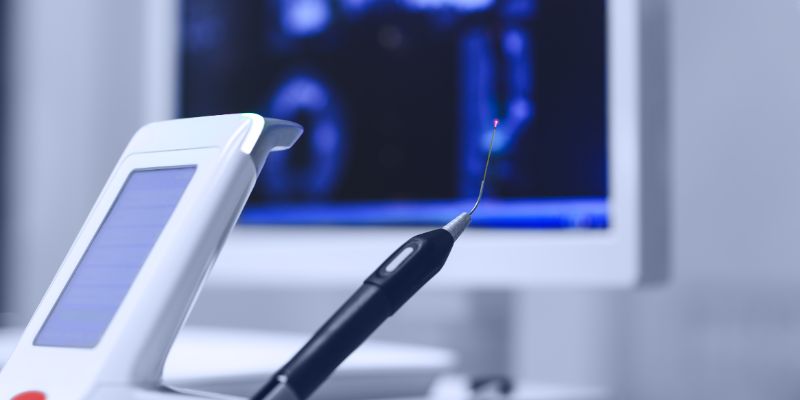
Laser Therapy
NightLase® laser treatment is a comfortable sleep apnea solution that not only requires no take-home equipment but also offers results that can last up to a year. NightLase® is a comfortable, non-invasive laser that shrinks down your oral tissue in order to open your airway so that you can breathe properly. It can be used to not only treat sleep apnea but also reduce snoring.
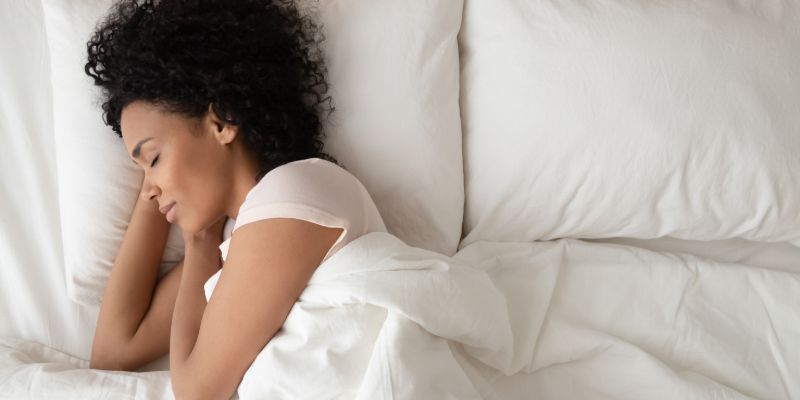
Positional Therapy
Sleeping on your back increases the chances of your tongue falling back into your throat or your throat muscles collapsing. Training yourself to sleep on your side, as opposed to your back, can improve breathing patterns and help alleviate your snoring and sleep apnea. You might find the tennis-ball technique, wherein you strap a ball to your back overnight, to be effective. When you try to sleep on your back, it’ll encourage you to move to your side until you can do so naturally.

Throat Exercises
Practicing various throat exercises in tandem with your prescribed treatment plan can significantly reduce the long-term effects of sleep apnea. Throat exercises can help stretch, tone, and strengthen your muscles along the airway. This technique makes it more difficult for your throat to close while you sleep and helps reduce symptoms.
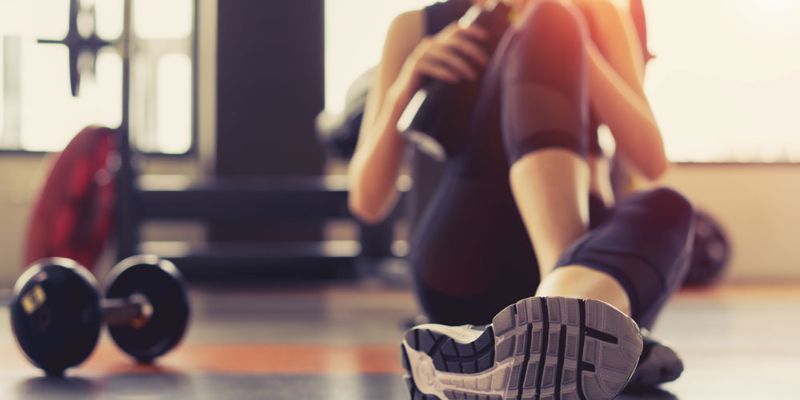
Lifestyle Changes
A common risk factor associated with obstructive sleep apnea is being overweight. The accumulation of fatty tissues can narrow the upper airway and make it more difficult to breathe. Combining regular exercise and a nutritional, well-balanced diet has proven to be very effective in reducing excess weight and can alleviate sleep apnea symptoms.
Another change you can implement is stopping the use of all tobacco products. Quitting smoking and other tobacco products can help alleviate symptoms as well as make treatment efforts more effective. The nicotine found in tobacco can irritate the throat and nose which can lead to swelling and a narrowed airway.
Moderating your alcohol intake can also improve your symptoms. Alcohol can inhibit your body’s ability to breathe properly during sleep. It can also cause the muscles of your throat and mouth tissues to relax, increasing the likelihood of your airway narrowing which can cause snoring or OSA.
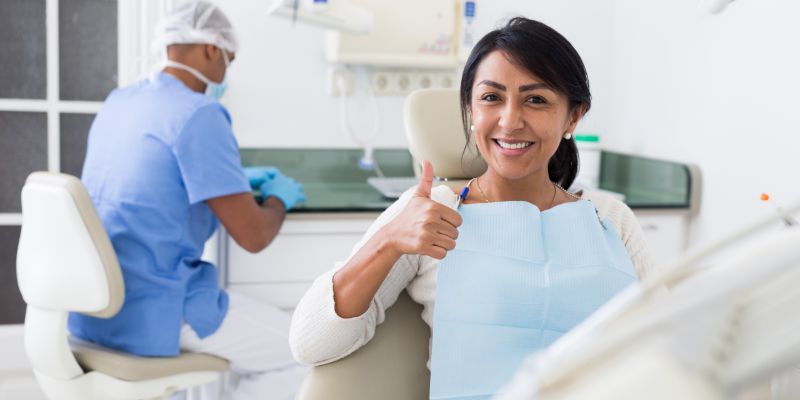
Surgery
At Oakland Family Dental, we always begin with non-surgical treatment. Surgery is typically recommended for severe cases of sleep apnea or as a last resort if other methods prove ineffective. Some surgical options include nasal surgery to correct a deviated septum or maxillomandibular advancement surgery, which corrects throat obstructions that contribute to sleep apnea.
Frequently Asked Questions
Heavy snoring is a major symptom of OSA and it’s commonly the first sign of the disorder that patients will notice. It’s often the patient’s spouse or sleep partner who will bring up the issue and encourage them to seek professional care. However, just because you snore, that doesn’t always mean you have sleep apnea.
If you’re concerned about your heavy snoring, Dr. Sheehan can help. She’ll make sure you get the correct diagnosis and the treatment that’s right for you. Dr. Sheehan can arrange for you to take a sleep study, which is the best way to determine if your loud snoring and other symptoms are caused by sleep apnea.
There are three types of sleep apnea that each have different causes:
Obstructive Sleep Apnea (OSA) is the most common form of sleep apnea and is caused by an obstruction that blocks the airways. When the tissues of the mouth or throat muscles relax too much, it can prevent you from breathing properly. Carrying excess weight or having a larger neck circumference can make you more susceptible to developing OSA.
Central Sleep Apnea (CSA) is a less common form of sleep apnea that results from your body not receiving or responding to the signal from your brain to breathe during sleep. This form is typically caused by underlying medical issues such as neurological diseases which is why a specialist will be needed to address the underlying cause as part of your treatment plan.
If you’re diagnosed with Mixed (Complex) Sleep Apnea (MSA) it means you may be showing signs of both OSA and CSA. The cause of your sleep apnea may be due to both an obstruction and an underlying issue.
Undergoing a sleep study will give us important information on how best to help you and allow Dr. Sheehan to help create a treatment plan suitable for your unique needs.
Many people suffer from poor sleep, even if they don’t suffer from sleep apnea. Here are some ways to help you get the restorative, healthy sleep you need to live your best life.
Stick to a sleep schedule. Having a consistent wake-up time and bedtime every day, even on weekends, will help regulate your body’s internal clock so you can fall asleep and stay asleep every night.
Limit your daytime naps. Taking long naps can interfere with sleeping at night. Limit yourself to a nap of 30-minute or less, not too late in the day. If you do this and you’re still having trouble falling asleep or staying asleep at night, eliminate daytime naps.
Exercise every day. Exercise not only promotes better sleep, but it can also help reduce sleep apnea symptoms over time. Being too active just before bedtime can make it difficult to sleep, however, so get your activity earlier in the day.
Follow a bedtime routine. Establish a relaxing bedtime routine to help your body and mind prepare for sleep. Taking a warm bath, listening to relaxing music, or doing some restorative yoga can all help you wind down. You should also avoid eating heavy meals and the use of stimulants such as alcohol, caffeine, or nicotine, within a few hours before bedtime.
Create a relaxing environment. Your bedroom should be designed in a way that encourages sleep. This typically means cool, dark, and quiet. Also, avoid the use of light-emitting screens, including TVs, cellphones, tablets, and the like, just before bedtime.
Visit Oakland Family Dental For CPAP Alternatives
If you’ve been using CPAP but you find yourself taking it off in the middle of the night, or if you’ve simply stopped using it, we have comfortable alternatives available. At Oakland Family Dental, we’ll create a treatment plan that you can be comfortable with so that you can reclaim your sleep, health, and quality of life. Contact our Waterford office at 248-674-0384 to schedule a consultation with Dr. Sheehan or click the button to the right to fill out our contact form and a friendly team member will return your message shortly.
